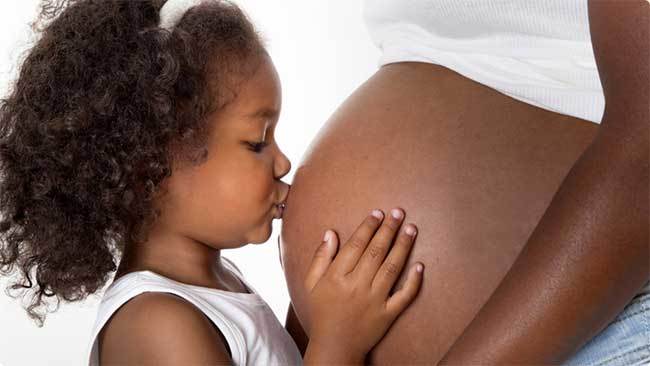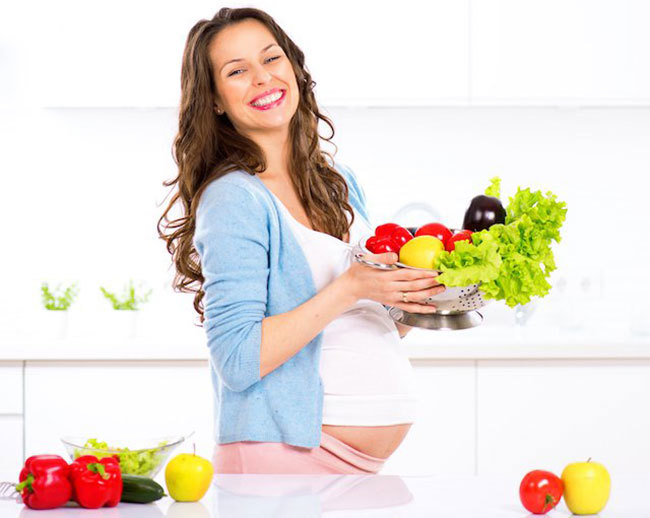Love Matters & Lifestyle

- Super User
- Category: Love & Lifestyle
- Sunday, 12 February 2017 16:33
Pregnant women: Here is how to eat before, during and after pregnancy...
Maternal health is influenced by various factors. These are genetic, social and economic factors.
Infections and environmental conditions cannot be ruled out. In every serious health care system, various approaches are needed to ensure that mothers go through pregnancy and deliver safely.
Before pregnancy, one should be adequately prepared. Physiologically, the woman should attain such an age that will enable safe conception and delivery. Psychologically, she needs to be up to the task.
Economic development cannot be overlooked. She needs to be nutritionally prepared before conception.
Thus she needs to be in a good nutritional status.
This article will concentrate on the nutritional preparations that are necessary for pregnancy and favourable pregnancy outcomes.
Before pregnancy
Women with lower body weight than normal and poor nutritional status prior to pregnancy have more low birth weight infants, premature spontaneous rupture of membranes, infections and anaemia. These developments impinge not only negatively on the infant but also on the mother.
On the other hand, overweight or obese women are more likely to have foetal deaths, diabetes, hypertensive disorders and labour abnormalities. These are top among the causes of maternal mortality in Ghana.
In diabetes, incidence of congenital defects can be reduced by bringing the blood glucose under good control prior to pregnancy.
The rule of thumb should be that women going into pregnancy should have a normal body mass index.
Pregnancy weight gain should be adjusted appropriately for women with low and high body mass indices prior to pregnancy.
Having a balanced meal is the surest way to ensure an adequate weight, an excellent store of energy and nutrients for the demands of pregnancy and to ensure the production of sufficient milk to nourish the new born baby.

A life that makes way for some exercise is also key in achieving the afore mentioned.
During pregnancy
Blood volume expands to allow the circulation of blood through the placenta. This also allows the blood to carry nutrients and oxygen to the foetus and metabolic wastes away from the foetus. Increased blood volume produces a high glomerular filtration rate. The renal tubules are unable to adjust completely so a percentage of nutrients are excreted in the urine.
Increased amounts of amino acids, glucose and water soluble vitamins may appear in the urine. This may account for the increased number of urinary tract infections seen in pregnant women.
There are other physiological changes that occur during pregnancy i.e. decrease in haemoglobin status, increased white blood cells, reduced serum albumin, decreased serum vitamin C, folic acid and vitamin B12 among others.
Some of these changes require slight increases in energy and some nutrients so as to ensure a favourable pregnancy outcome.
Energy needs increase by an average of 300kcal throughout pregnancy. This should be properly adjusted for taking into cognisance factors such as pre-pregnancy weight, activity level and the trimester of pregnancy.
The pregnant woman will need 10kcal more during the first trimester, 90kcal more during the second trimester and 200kcal more during the third trimester.
Consuming energy below the recommendations increases the incidence of the complications that lead to maternal mortality.
Snacking on a glass of fruit juice and 2 slices of bread (sardine tin size) will supply the additional energy needed daily.
Source: WISE CHUKWUDI LETSA/Graphic.com.gh

















































































